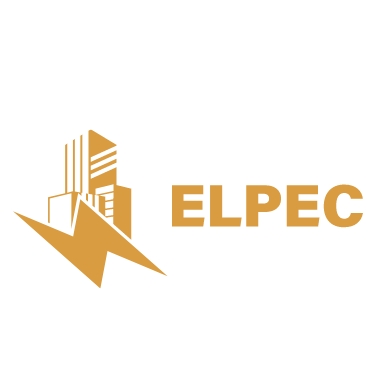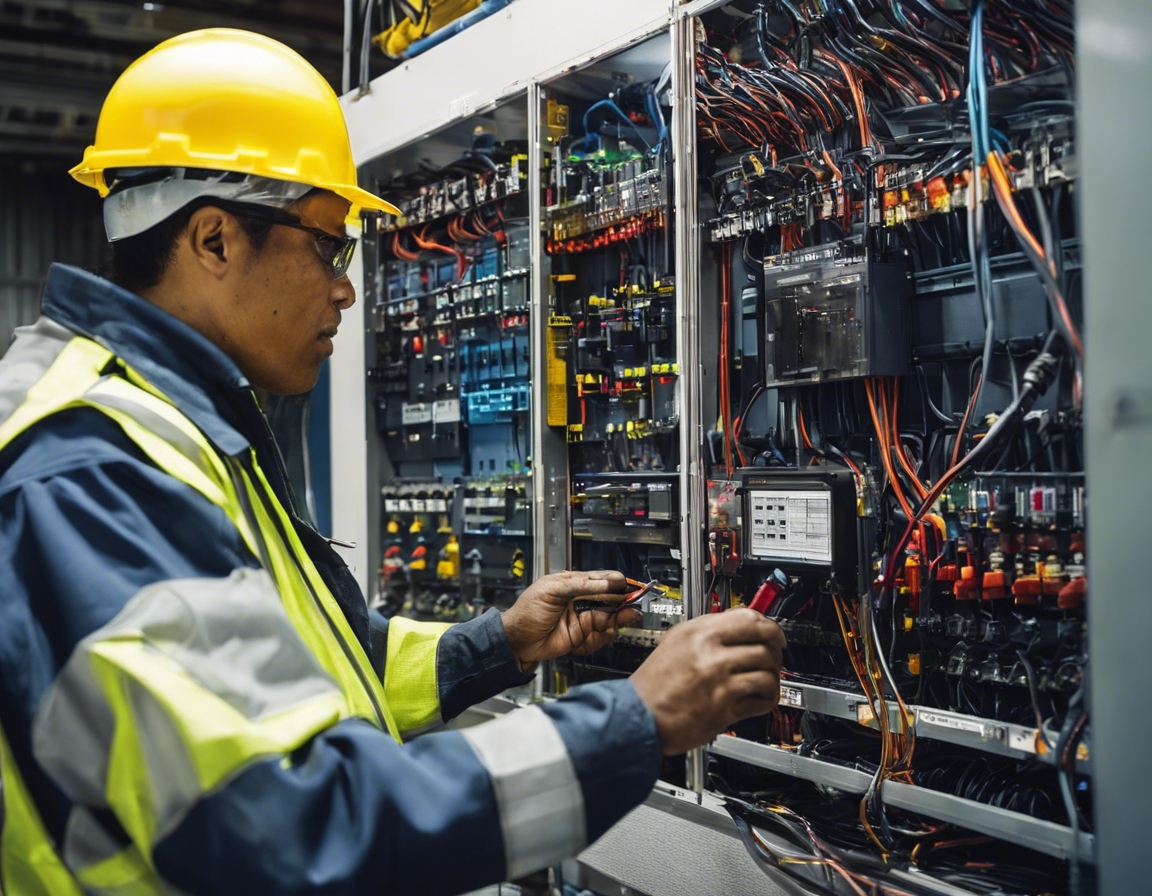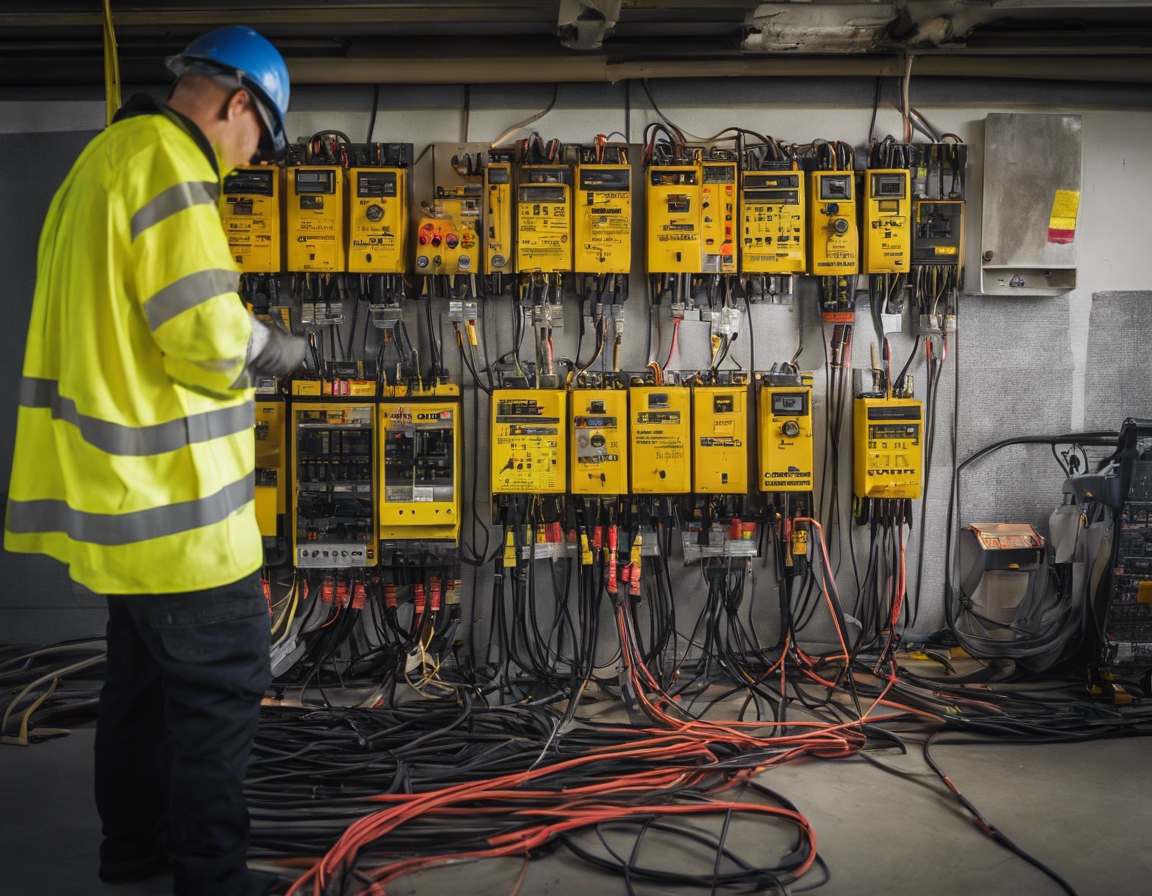The future of electrical infrastructure: trends and innovations
The journey of electrical infrastructure is one of constant evolution. From the early days of Edison and Tesla to the modern era of renewable energy and smart grids, the way we generate, transmit, and consume electricity has undergone significant transformation. Today, we stand at the cusp of a new era, where the integration of cutting-edge technology and sustainable practices is paramount.
Innovation in electrical infrastructure is not just a matter of technological advancement; it is a necessity for economic growth, environmental sustainability, and societal well-being. As global energy demands continue to rise, the need for efficient, reliable, and clean electrical systems becomes increasingly critical.
Emerging Trends in Electrical Infrastructure
The shift towards renewable energy sources is perhaps the most significant trend impacting electrical infrastructure. Solar, wind, hydro, and other renewable technologies are being integrated into the grid at an unprecedented rate, necessitating new approaches to energy management and distribution.
Smart grids represent a transformative leap in how electricity is delivered and managed. These systems use digital communication technology to detect and react to local changes in usage, improving efficiency and reliability while facilitating the integration of distributed energy resources.
The electrification of transportation systems, including electric vehicles (EVs) and public transit, is rapidly changing demand patterns for electricity. This trend requires significant upgrades to existing infrastructure to support increased load and charging requirements.
As intermittent renewable sources like solar and wind become more prevalent, energy storage solutions are critical for maintaining a stable supply. Innovations in battery technology and other storage methods are essential for balancing supply and demand.
Innovations Shaping the Future of Electrical Infrastructure
Developments in materials science, such as superconductors and nanomaterials, offer the potential for more efficient transmission lines and components. These materials can reduce energy loss and enhance the overall performance of the electrical grid.
Modular electrical infrastructure allows for flexibility and scalability, accommodating growth and changes in energy demand. This approach can lead to more resilient and adaptable systems, especially in rapidly developing regions.
Artificial intelligence (AI) and machine learning are revolutionizing energy management by optimizing grid operations, predicting maintenance needs, and enhancing energy efficiency. These technologies enable smarter decision-making and can lead to significant cost savings.
Microgrids and distributed energy resources (DERs) are becoming increasingly important for providing reliable, localized energy generation and supply. These systems can operate independently from the main grid, offering enhanced resilience and sustainability.
Challenges and Considerations for the Future
As the electrical infrastructure evolves, regulatory and policy frameworks must keep pace to support innovation while ensuring safety, reliability, and equitable access to electricity.
Investing in the future of electrical infrastructure requires significant capital. Finding innovative financing solutions and public-private partnerships will be crucial for funding the necessary upgrades and expansions.
In an increasingly connected world, the security of electrical infrastructure is paramount. Cybersecurity measures must be integrated into every level of the grid to protect against threats and ensure uninterrupted service.






Comments (0)